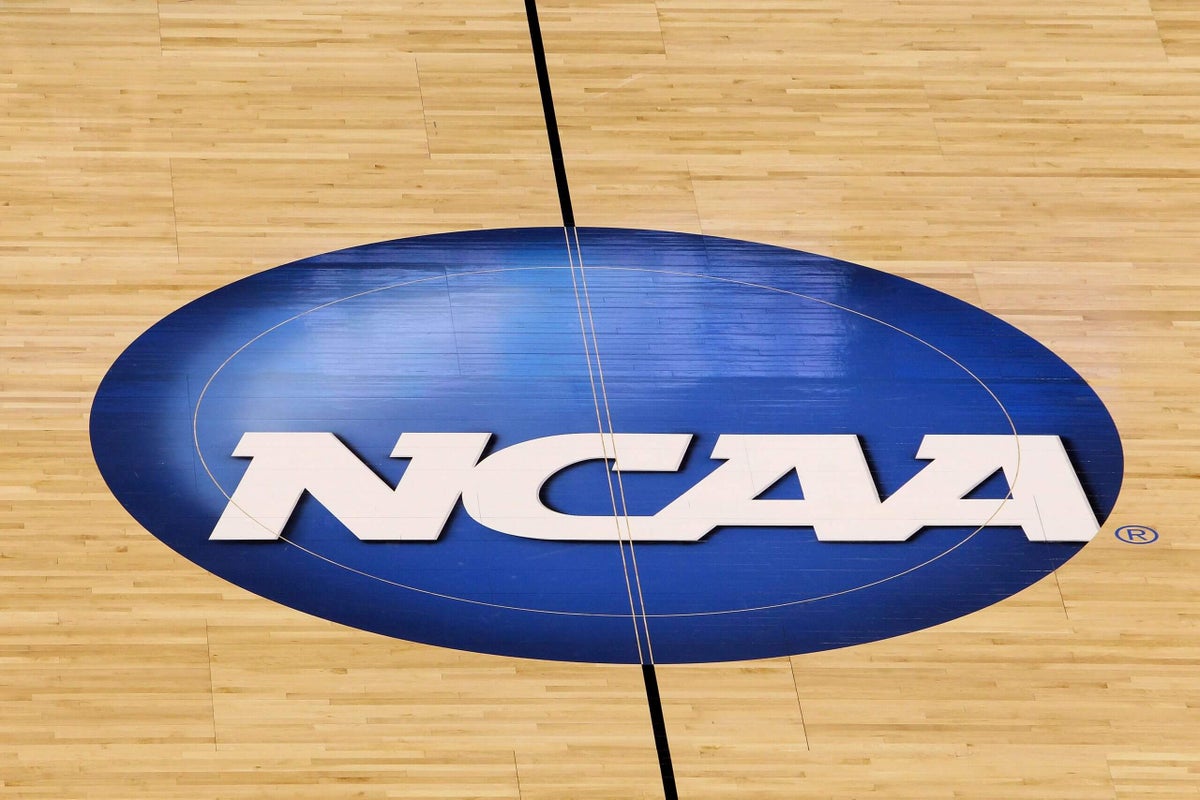Betting Crackdown: NCAA Tightens Grip on Player Prop Wagers with Cutting-Edge Data Partnership

While the precise financial details remain confidential, the groundbreaking agreement promises to inject new vitality into NCAA revenue streams. The undisclosed terms hint at a potentially transformative partnership that could reshape the financial landscape of collegiate athletics.
